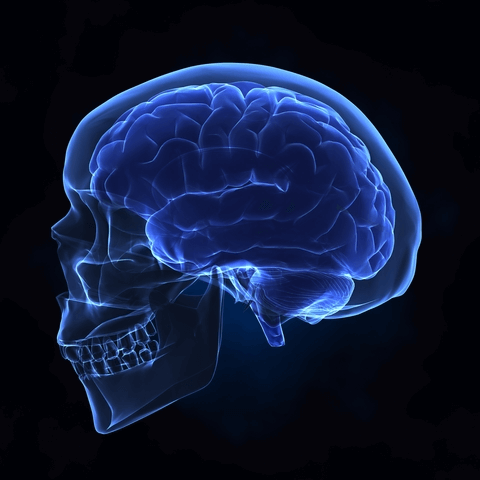 Brain and Spinal Injuries
Brain and Spinal Injuries
Traumatic brain injury is defined as traumatically-induced physiological disruption of brain function usually manifested by any period of loss of consciousness, memory loss immediately before or after an accident, or any alteration and mental status or awareness. Each year, more than 1.5 million Americans sustain a traumatic brain injury (TBI). Brain injuries claim more than 50,000 lives per year and leave another 80,000 individuals with life-long disabilities. However, many experts have now recognized MILD TRAUMATIC BRAIN INJURY as a substantial injury that affects millions more people every day. MTBI are those head injuries which do not appear on the emergency room records. There may be no evidence of head impact, no fractures, no breaking of the skin of the skull. As well, EMT at the scene of the accident or workplace injury may not event document a loss of consciousness. The GCS, or Glascow Coma Score for MTBI may be determined by the medical aid at a crash scene as 15. This would reflect no head injury, or loss of consciousness, and or no loss of awareness to person place or time. However, these MTBI have significant longstanding effects, which if not properly diagnosed, treated, and monitored, can manifest themselves as cognitive deficits, and or cognitive delays, months later.
The most common causes of brain injury in young and middle-aged Americans (ages 16-24) is trauma from motor vehicle accidents and falls. Despite the sheer numbers, TBI and MTBI is still designated as a “silent epidemic.” For those who survive, brain injury is a life-altering event for the victim and their families. Often MTBI and TBI present with physical, cognitive, emotional and behavioral impairments that effect all activities of daily living. In addition, the medical costs are staggering. Often the person with the brain injury is not even aware that they are different, instead attributing problems to daily life struggles. These problems include learning, remembering and organizing information. Parents and other family members are the best eye witnesses to these injuries and altered behavior of an injured party and often the best historians. Working with families, to document and obtain the appropriate early intervention care, therapy and cognitive rehabilitation services are key to any successful recovery.
Hark & Hark. is a law firm experienced in representing persons with traumatic brain injuries. Jeffrey Hark has handled numerous significant TBI and MTBI cases and has worked with some of the top neurologists, neuropsychiatrists, neuropsychologists, and vocational rehabilitation experts in the world. We understand the physical and rehabilitation medicine and needs to enable brain injured persons to return to our community and be effective and contributing members. If you’ve had the misfortune to have sustained a traumatic brain injury, call us now and let our experience work for you.
Spinal Cord Injuries
Spinal cord injuries (SCI) occur approximately 11,000 times per year in the United States and primarily affects young adults with most persons injuring their spinal cord between 16 and 38 years of age. Since 2000, a staggering 78 percent of all spinal cord injuries occur in young males. The lifetime medical care costs are staggering as is the resulting physical and emotional disability left for the injured person and their families. Motor vehicle crashes are the primary cause of SCI in the United States, followed by falls and diving accidents. Often times, however, SCI also includes herniated disc injuries due to lifting, pushing, pulling, traumatic impact, and other biomechanics movement events to the body. Nerve injuries that cause ongoing pain discomfort, and paralysis effect all activities of daily living from getting out of bed, dressing, walking, brushing one's hair, and putting on makeup. Hark & Hark has the knowledge, awareness, and experience to help you with these substantial issues affecting all aspects of your life.
If you have suffered from any spinal cord injury including quadriplegia, paraplegia, incomplete paraplegia, hemiplegia or motor dysfunction call Hark & Hark and let our law firm talk to you about your case and how we can help.

 Brain and Spinal Injuries
Brain and Spinal Injuries